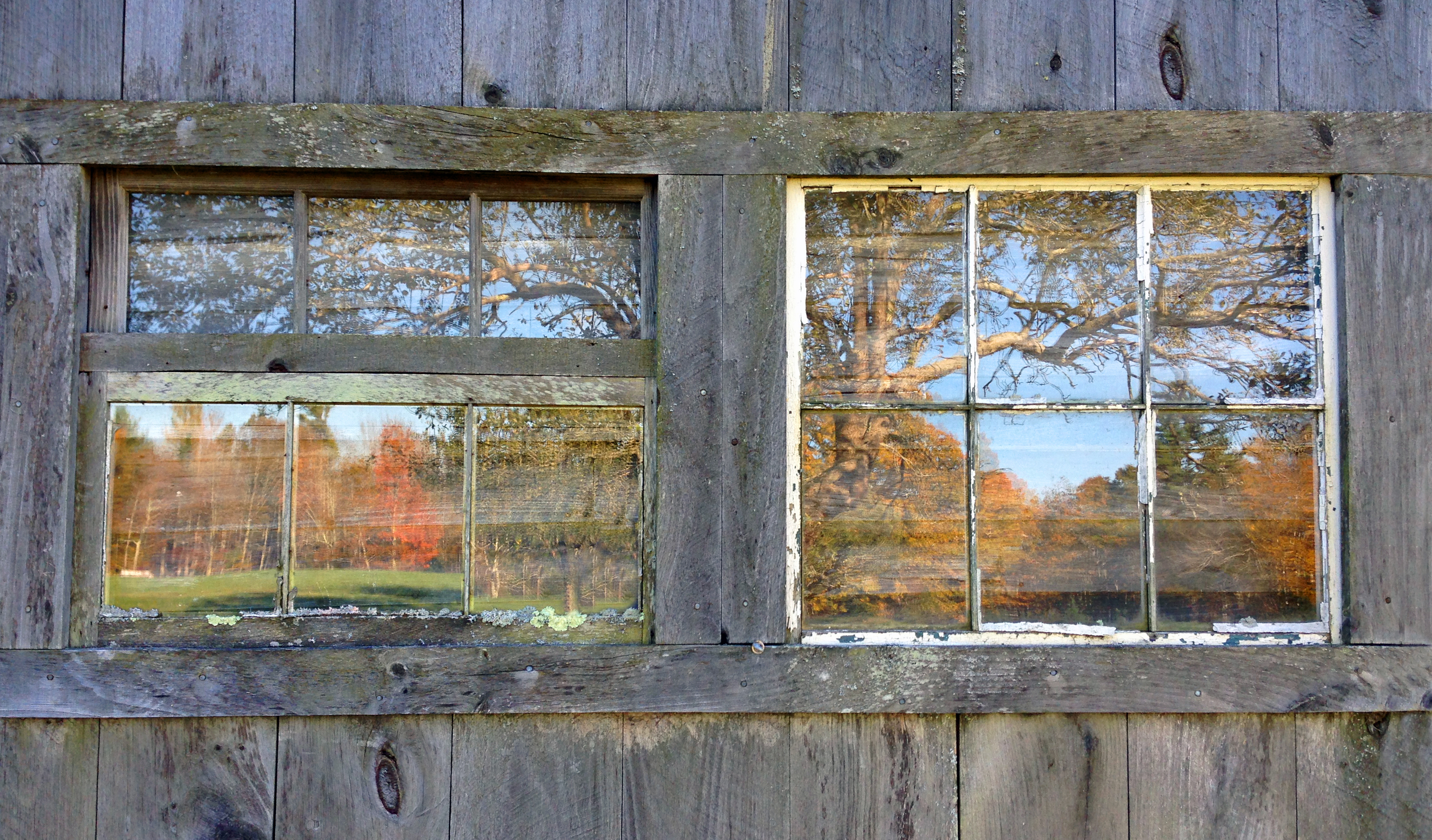
There are many critics of the internal locus of control, both within and outside American society. An all-consuming arrogance is often associated with the internal locus. It is evident not only in the indifference of many corporate executives to those who work for and with them, but also in disdain for the environment that is evident among many Americans (and non-Americans). An internal locus of control requires that we have access to information from inside ourselves—especially with regard to personal values and life purposes. People who assume full responsibility for their actions need time for reflection. However, depending on our personal preferences and styles, we may not choose to take time for this reflection. People with an internal locus often are inclined to “power” ahead in an unreflective manner, assuming that they are in control. They run over other people, other species, and the natural world in which they live. Those of us with an internal locus are inclined to be defiant: we know we are right and force others in the world to come around to our point of view. It’s “man against nature” or “man over nature.” It’s “every man for himself.” Many of our global problems can be attributed in part to rampant individualism and an attendant assumption that we have the right to control or change anything in our world.
There is a second level of criticism regarding internal locus of control. It concerns the existential despair that can accompany individualism and the courage of autonomy and responsibility. Soren Kierkegaard (1980) describes this as sailing alone on a stormy sea, with many fathoms of dark and unknown water beneath us. We ultimately live in isolation from other people and from the assistance of an external benevolent force when we assume an internal locus of control. Kierkegaard was able to find an external, caring God in the midst of his existential analysis. Victor Frankel (1997) similarly found this external divine presence—in the midst of a grotesque, externally dominated experience of the World War II concentration camp. Many other proponents of existentialism can’t find this balancing presence of an external spiritual presence. They sink inevitably into despair or a nihilistic perspective on life that is pure internal locus, but also pure hell.









